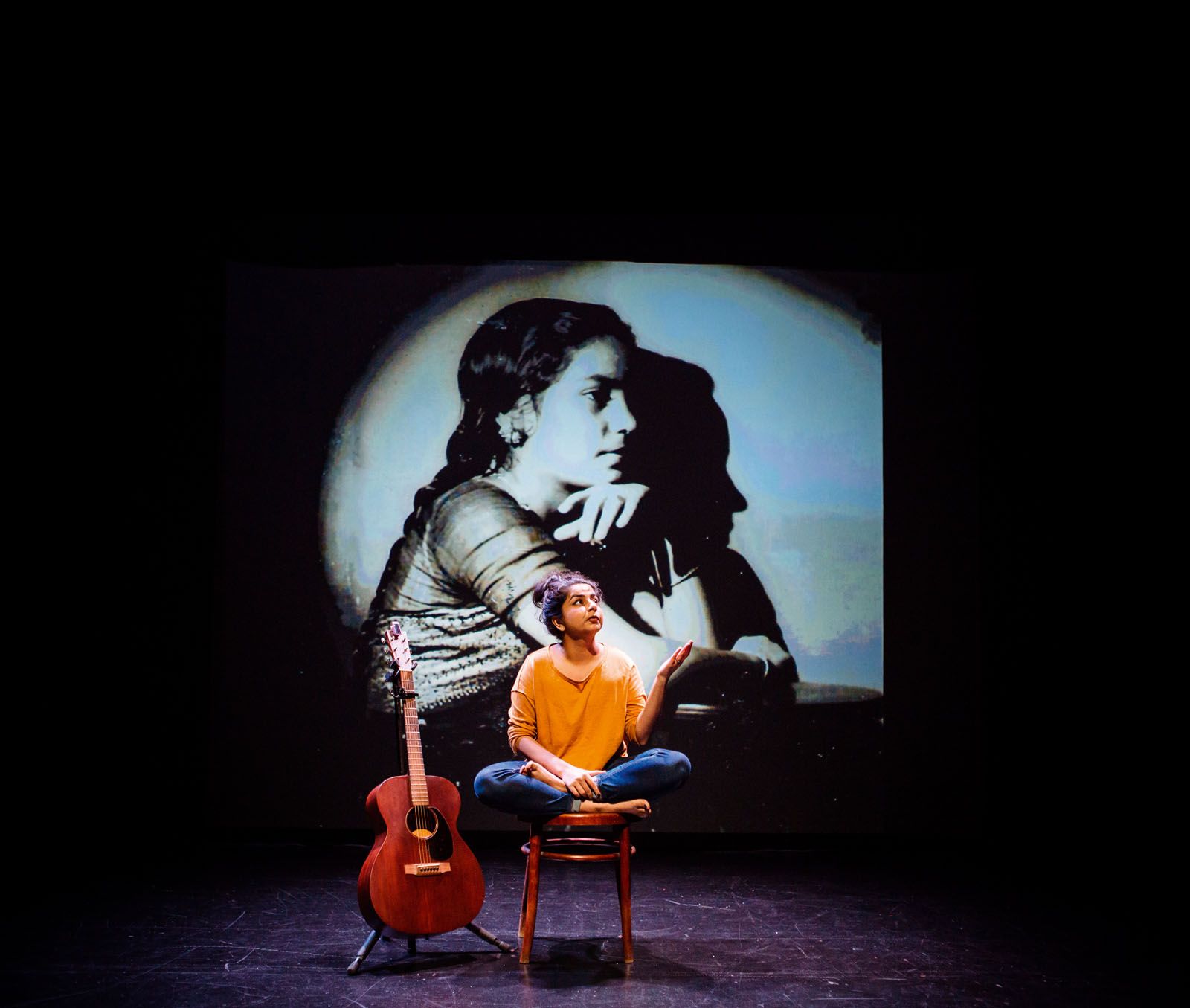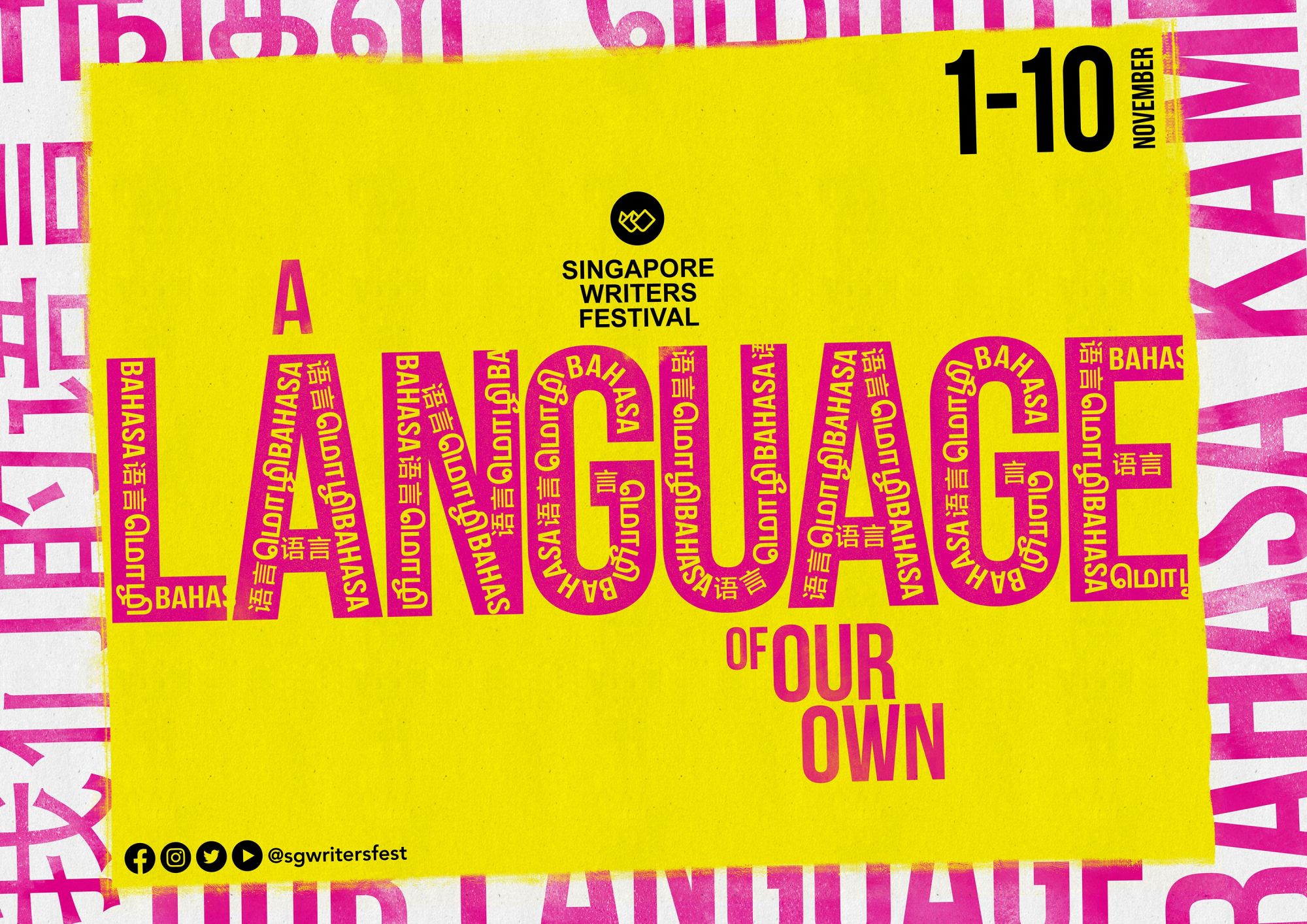
Pooja Nansi’s relationship with language is a complicated one. As a child of migrant parents, she had little access to literature in Gujarati, her mother tongue. When she attended primary school in Singapore in 1987, the poet chose Malay as her second language. Besides Tamil, there were no other Indian languages offered. “It was a deeply hilarious thing. I had to pick a mother tongue that was not my mother’s tongue,” shares Nansi candidly, “I speak five languages fluently now, but I think that none of us in Singapore have a simple relationship to language.”
Taking over the directorship of the Singapore Writers Festival (SWF) from acclaimed Singaporean poet Yeow Kai Chai, who helmed the past three editions of the festival, Pooja arrived at this year’s theme—A Language Of Our Own—by stringing together the past themes of Jiè, Aram and Sayang.
“It was nice to celebrate life while examining the language of each of the above, especially in a bicentennial year, and to ask this: what exactly is Singapore’s identity?”


